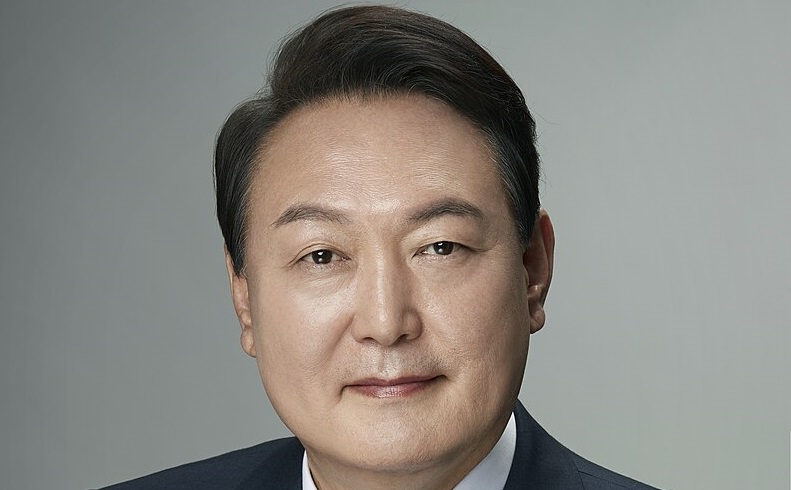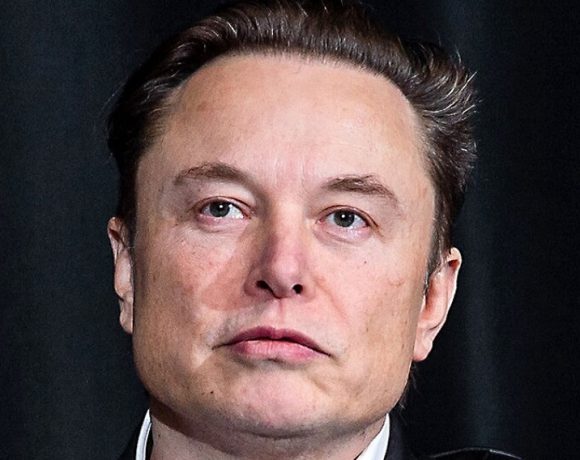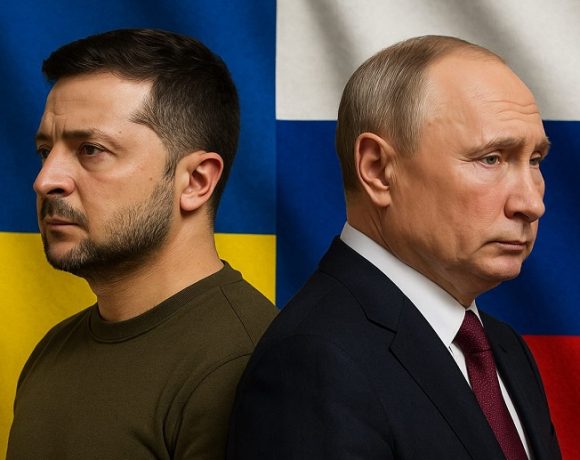
South Korea’s Constitutional Court Removes President Yoon Suk Yeol Over Martial Law Declaration
In a historic decision, South Korea’s Constitutional Court has unanimously voted to remove President Yoon Suk Yeol from office. The ruling came after the court found his December 2024 declaration of martial law to be unconstitutional and a direct assault on the democratic order. The court deemed the action a serious breach of presidential duties and a grave threat to the country’s constitutional framework.
Acting Chief Justice Moon Hyung-bae declared that the president’s decision represented a betrayal of public trust and undermined the very foundation of South Korea’s democratic system.
Crisis Triggered by Attempt to Block Parliament
The political crisis erupted when President Yoon ordered martial law in an attempt to prevent the opposition-controlled National Assembly from convening. Military forces were deployed to key government buildings and political offices, prompting massive backlash from lawmakers and the public. Although the martial law was lifted within six hours following parliamentary intervention, the damage had already been done.
The National Assembly moved quickly to impeach Yoon, citing gross abuse of power. The Constitutional Court’s verdict now finalizes that process, removing him from office effective immediately.
Aftermath and Interim Leadership
With Yoon’s dismissal, Prime Minister Han Duck-soo has stepped in as acting president. According to the South Korean constitution, a new presidential election must now be held within 60 days. The political landscape remains highly charged, with opposition leader Lee Jae-myung seen as a leading contender despite his own ongoing legal issues.
Meanwhile, Yoon faces serious criminal charges, including insurrection. His trial is set to begin on April 14, and if convicted, he could face life imprisonment. The events have sparked both celebration and protest across the country, reflecting the deep political divide.
A Defining Moment for South Korea’s Democracy
This decision marks a pivotal moment in South Korean democratic history. It sends a clear signal that constitutional checks remain strong, and that no leader is above the law. While the country enters a transitional period, the court’s ruling has been widely seen as a reaffirmation of democratic accountability and institutional integrity.


















